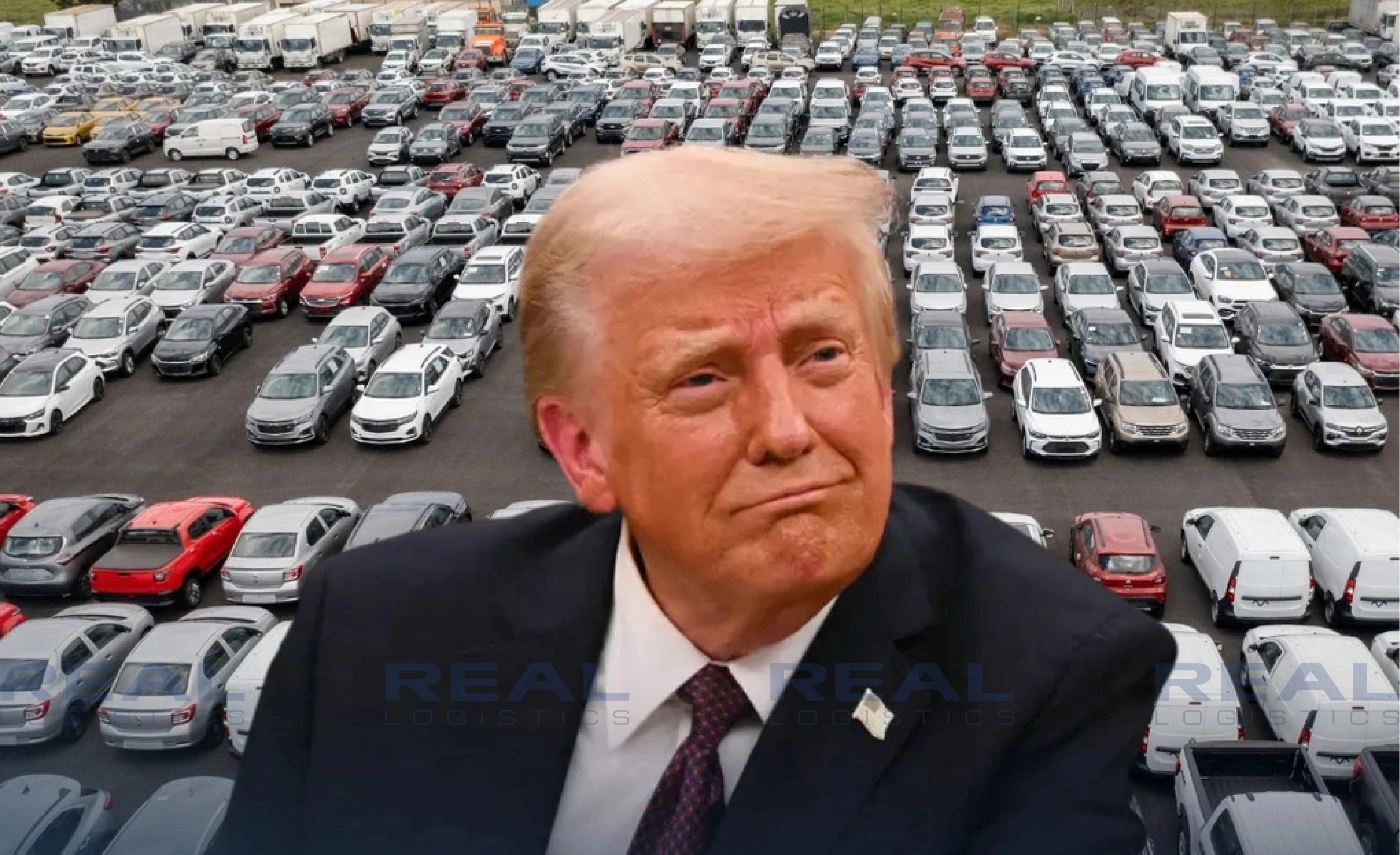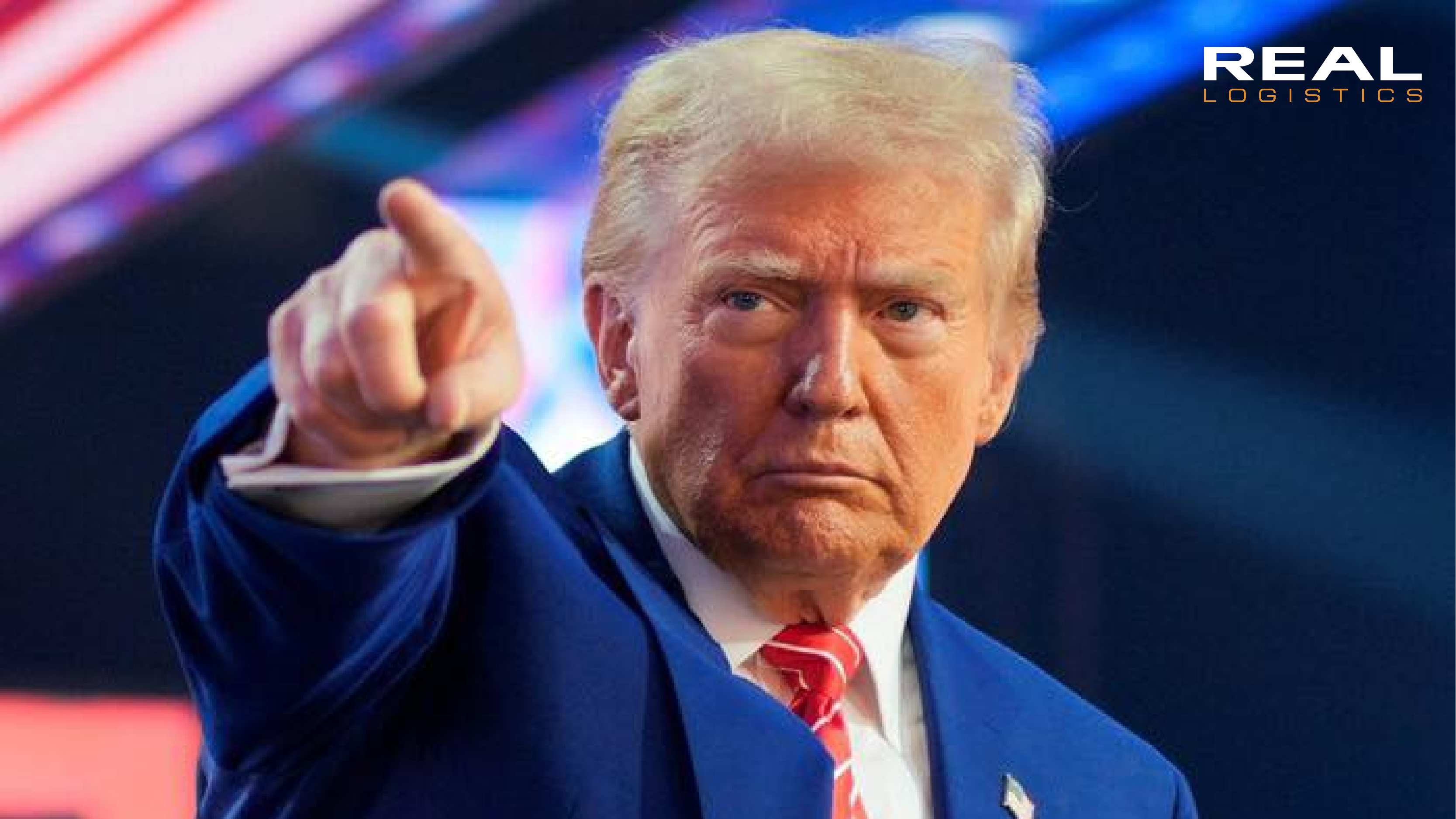U.S. Imposes 25% Tariff on Imported Auto Parts – Exporters Must Adapt Promptly
1. U.S. to Impose New Tariff on Imported Auto Parts from May 3, 2025
According to an official announcement by the United States Trade Representative (USTR), starting May 3, 2025, the U.S. will officially impose a 25% tariff on 332 categories of imported auto parts, including mechanical components, electronic parts, transmission systems, and control modules.
This is a follow-up measure after the Trump administration reintroduced tariffs on finished vehicles in April, aiming to protect domestic automotive manufacturing and narrow the trade deficit.
2. Tax Rebate Policy for Domestic Manufacturers
To support U.S.-based production, the government also introduced a special tax rebate policy:
- 15% of the consumption value will be refunded to car manufacturers operating within the U.S. from now until April 2026.
- An additional 10% rebate will be applied from May 2026 to April 2027.
This policy creates a significant competitive gap between auto parts exporters and companies with local manufacturing plants like Hyundai, Kia (South Korea), or Toyota (Japan), thereby encouraging localization of production.

3. Impact on Major Exporting Countries
South Korea: Auto parts exported from South Korea to the U.S. account for about 36.5% of Korea's total auto parts export volume, equivalent to approximately $13.5 billion. The new tariffs will affect 332 items, putting pressure on manufacturers and exporters. However, Korean automakers like Hyundai and Kia, which already have manufacturing facilities in the U.S., may be exempt or partially rebated.
Japan: Japan’s auto industry, heavily dependent on exports to the U.S., could face a loss of $17 billion in revenue due to the new tariffs. The Bank of Japan has downgraded its FY2025 GDP growth forecast from 1.1% to 0.5%, reflecting concerns over the economic impact of these trade policies.
4. Effects on Logistics Companies
The 25% import tariff on auto parts impacts not only manufacturers but also logistics businesses, with several key consequences:
Higher transportation costs: The increased cost of parts will drive up logistics and insurance costs.
Supply chain rerouting: Companies must re-evaluate shipping routes and sourcing strategies to optimize cost and lead time.
Greater demand for logistics consulting: Exporters and importers will require support from logistics professionals to adapt their operations and stay compliant.

5. Strategic Responses for Logistics Companies
To respond effectively, logistics businesses can consider the following strategies:
Diversify supply sources: Seek suppliers from countries not affected by the new tariffs.
Optimize shipping routes: Reassess logistics routes to minimize cost and delivery delays.
Invest in technology: Leverage supply chain management tools and data analytics for proactive planning.
Consult trade experts: Collaborate with legal and customs advisors to understand new regulations and maximize rebate opportunities.
Real Logistics is ready to accompany businesses in adapting their logistics strategies, providing optimal solutions and expert consultation to overcome challenges from these new trade policies. We are committed to helping you build a flexible, efficient, and resilient supply chain.
—————————————
Real Logistics Co.,Ltd
👉 Facebook: Real Logistics Co.,Ltd
☎️ Hotline: 028.3636.3888 | 0936.386.352
📩 Email: info@reallogistics.vn | han@reallogistics.vn
🏡 Address: 39 - 41 B4, An Loi Dong, Thu Duc, HCM City
51 Quan Nhan, Nhan Chinh, Thanh Xuan, Ha Noi City

